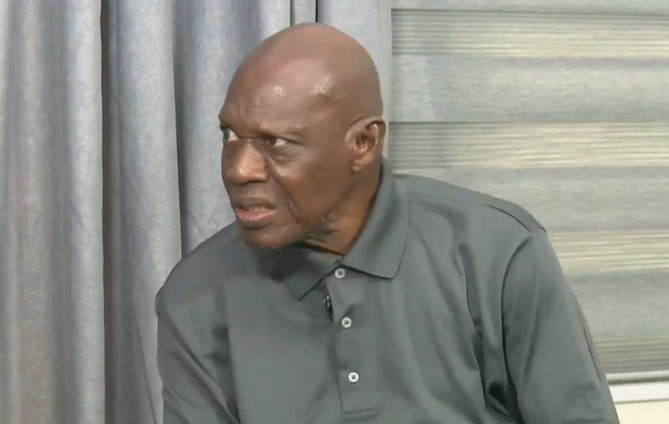Supreme Court ruling in vacant seats case mere politics; not law – Atuguba
A retired Supreme Court Judge, Justice William Atuguba has criticised the reasoning of the five Supreme Court judges in the vacant seats case, describing their approach as politically motivated.
In his view, but for political considerations, the judges would not have accepted jurisdiction for the case in the first place.
He explained that the Supreme Court should always take up cases in which it has “original or exclusive jurisdiction”, not “referenced or concurrent jurisdiction.” He supported his position by referring to previous legal precedents.
On Tuesday, November 12, the Supreme Court overturned the decision made by Speaker of Parliament Alban Bagbin to declare four parliamentary seats vacant. This ruling was in favor of a challenge presented by Majority Leader Alexander Afenyo-Markin.
READ ALSO: Vacant seats: Speaker’s ruling unconstitutional — Supreme Court
In a comprehensive judgment issued on Thursday, November 14, the five justices who supported the Majority Leader emphasized that a parliamentary seat may only be deemed vacant if a lawmaker changes political parties while maintaining their position in Parliament.
The ruling additionally indicated that the Speaker’s decision would not be implemented during the present parliamentary term.
Commenting on the Supreme Court’s ruling, Justice Atuguba said the politicisation of the judiciary started some time ago, but it has reached its peak.
“What is happening is mere politics. If we don’t arrest it, this vice will continue to fester and the constitution will be subverted,” he warned.
Justice Atuguba further criticised the majority opinion as lacking depth, calling it “Superficial reasoning.”
He further described the outcome as foreseeable, stating, “it was predictable. The same five judges accepted jurisdiction, so it was predictable. The political poisoning has gone to its peak. the constitutional virus must be cured. if it continues, we will have a rule of politics instead of a rule of law.”
He added that there is “massive constitutional deterioration” in the system and laid the blame at the doorstep of the mode of appointment of the Chief Justice.
“The appointment of the Chief Justice by the President is the main problem. In fact, he nominates and appoints. How can you have independence of the judiciary when the head is yours?” he asked.



